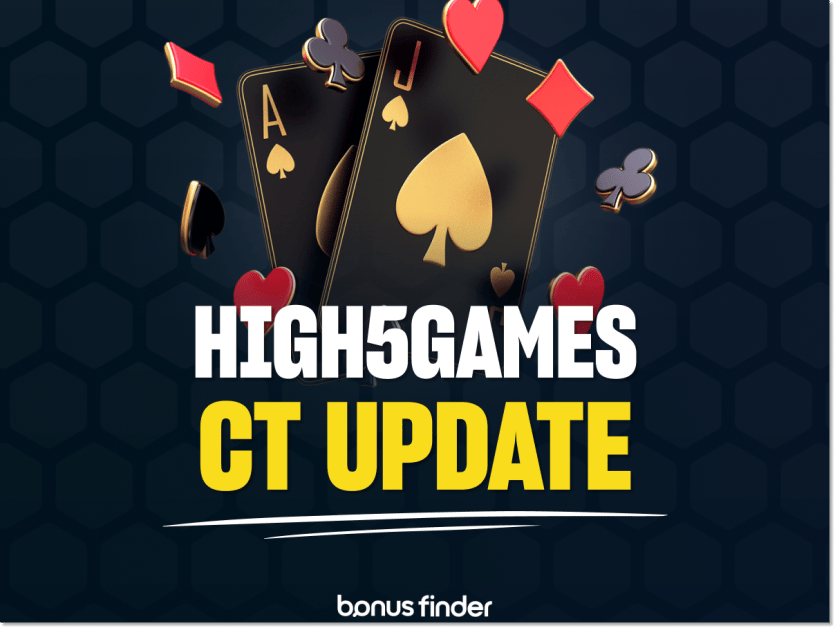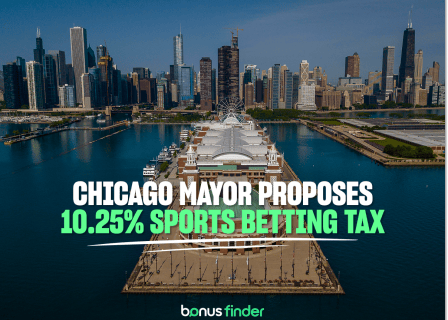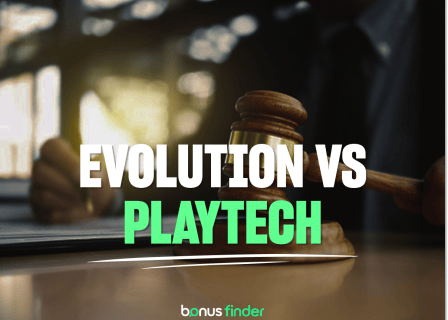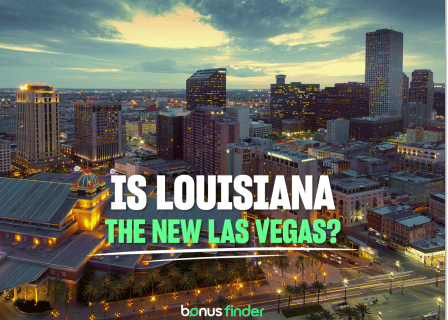Connecticut’s crackdown on illegal online gambling: A wake-up call for the industry
Alongside legal US online casinos, sweepstakes casinos are also growing in popularity but due to the lack of regulation it can leave consumers exploited. Recently, a $1.5m settlement between the Connecticut Department of Consumer Protection (DCP) and online casino operator High5Games has recently sent ripples through the heavily regulated US gaming industry.
The deal represents a significant development in the ongoing efforts in Connecticut to maintain a competitive, secure and lawful gaming market.
But beyond the headlines, the case raises issues about the broader challenges regulators face with online operators, consumer protection for online customers and where the lines exist between online legal and illegal operations in an ever-growing digital environment.
Connecticut has reinstated High5Games’ platform as of May 22, 2025 after being suspended on March 14 2025.
The High5Games controversy
State regulators began to focus on High5Games after allegations surfaced that it was operating an unlicensed sweepstakes casino, High5Casino, despite providing content for two of the licensed iGaming platforms in Connecticut – DraftKings and FanDuel – connected with Foxwoods Resort Casino and Mohegan Sun respectively.
The DCP’s investigation found the company was skirting around state laws, as its unlicensed enterprise was operating in contravention of Connecticut’s stringent gaming laws.
On March 14, the DCP temporarily suspended High5Games’ service provider license, a decision that highlighted the seriousness of the charges.
Under the stipulated judgment, entered just one month later, High5Games agreed to pay a total of nearly $1.5m – including $643,424.30 in restitution to 794 consumers who lost money as a result of the illegal platform, and $294,173.94 to repay 108 users on Connecticut’s voluntary self-exclusion list.
High5Games was in clear breach of the self-exclusion program, which is designed to protect problem gamblers by preventing them from accessing legal gambling activities.
The remaining $500,000 will go toward consumer complaint resolution programs, education, protection enforcement and litigation – an indication the state is serious about protecting its residents.
A broader pattern of non-compliance
High5Games does not shy away from controversy. In the US, 13 states banned the company from operating its sweepstakes casino and back in February a Washington State class-action lawsuit hit the platform with a $25m fine, after finding the company guilty of illegal business practices.
The fact that there have been repeated non-compliance raises some pretty alarming questions about how the company is operating, and about the sweepstakes gaming industry in general.
Sweepstake casino operators like High5Casino mimic the licensed operator experience and offer players virtual currency or coins that possess no real-world value to play with.
This model can potentially exploit loopholes in the law, where players can buy additional coins and trade them for cash or prizes – without considering it as ‘gambling’.
Connecticut is not alone in its crackdown. Other states, such as Michigan, Maryland and Pennsylvania, have targeted unlicensed and unregulated online casinos, while New York is seeking legislation that would outrightly ban social casinos and social sportsbooks.
This has created a murky landscape where loopholes exist leaving consumers vulnerable to unfair practices and financial losses.
The human cost of illegal gambling
At the core of this agreement is a grim truth; damage to consumers, and particularly, those already suffering with gambling addiction.
The fact that High5Casino was able to take wagers from 108 users on Connecticut’s voluntary self-exclusion list signifies a breach of its duty to protect those most at-risk.
These individuals had taken proactive steps to bar themselves from gambling, yet High5Games’ platform enabled them to continue, exacerbating their financial and emotional distress.
The the restitution for these users is a step toward accountability, but it also highlights the ethical lapses of operators who prioritize profit over responsibility.
Additionally, the broader restitution to 794 victims – amounting to $643,424.30 – demonstrates the extent of the harm done by High5Casino.
Unbeknownst to the players, who were enticed by the prospect of entertainment or winnings, they were actually playing in an illegal setup.
The DCP’s efforts to make these consumers whole reflect a commitment to consumer protection, but they also raise questions about how such violations went undetected for so long.
The regulatory landscape in Connecticut
The DCP is one of the many state agencies overseeing Connecticut’s gaming industry, along with the Mashantucket Pequot and Mohegan Tribes’ Gaming Commissions as well as the Connecticut Lottery Corporation.
In the wake of the repeal of the Professional and Amateur Sports Protection Act (PASPA) in 2018, which removed federal oversight over sport betting, these entities collaborate to guarantee compliance with state law.
Specifically the DCP Gaming Division which is responsible for licensing, investigating and regulating operators and complaints.
The service provider license of High5Games was reinstated on May 22, after the settlement, an indication that the company had made efforts to comply with state law.
But the mandate to file quarterly compliance reports through April 2026 shows continuing scrutiny.
This balance between punishment and rehabilitation echoes the state’s two main concerns, safeguarding consumers and maintaining a legitimate, legal gaming market.
The digital age dilemma
High5Games’ settlement is more than just a legal win, it is a moment to take stock of the difficulties that come with trying to regulate an industry that operates at the nexus of technology, entertainment and human frailty.
The unprecedented growth of online gambling has outstripped traditional regulation, allowing operators to exploit gaps in the coverage of regulation and target vulnerable groups.
With Connecticut tightening its grip on unlicensed platforms, the industry has a dilemma: how can innovation and consumer protection coexist in a digital age?
Legal and established operators, such as DraftKings and FanDuel, offer safe and regulated environments, but unregulated sweepstakes casinos can be attractive as they are free to play as well as the premise of low-stakes entertainment.
However, as violations by High5Games have shown, platforms can target individuals least equipped to bear the consequences, like problem gamblers or those on self-exclusion lists.
For consumers, the settlement serves as a reminder to verify the legitimacy of online gaming platforms.
In Connecticut online casinos, legal iGaming is limited to DraftKings and FanDuel, both of which operate under strict oversight. Players must remain vigilant, as the proliferation of unregulated sites poses ongoing risks.
Looking ahead
The $1.5m settlement that High5Games reached recently, over the illegal conduct of running sweepstakes in Connecticut, underscores the state’s tough enforcement posture and explicit zero tolerance for violations of this kind.
Yet, as gaming tech evolves, regulators must outpace exploitation. The industry’s allure masks real risks such as financial ruin, emotional toll, societal costs if it continues being unregulated.
Connecticut’s stand has set a precedent, but can the gaming industry prioritize ethics over profit when every bet is just a click away? That’s the real gamble.









